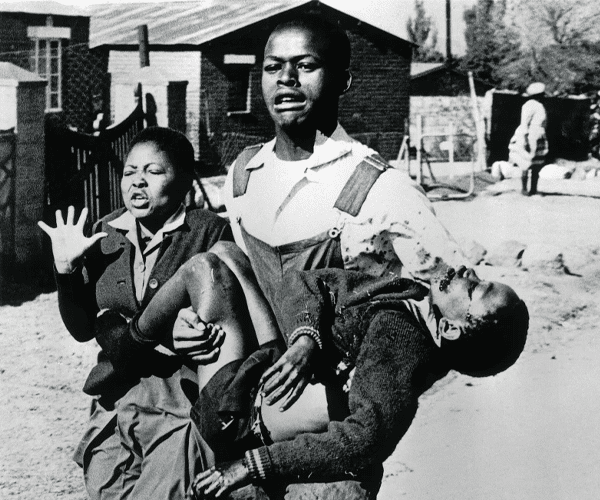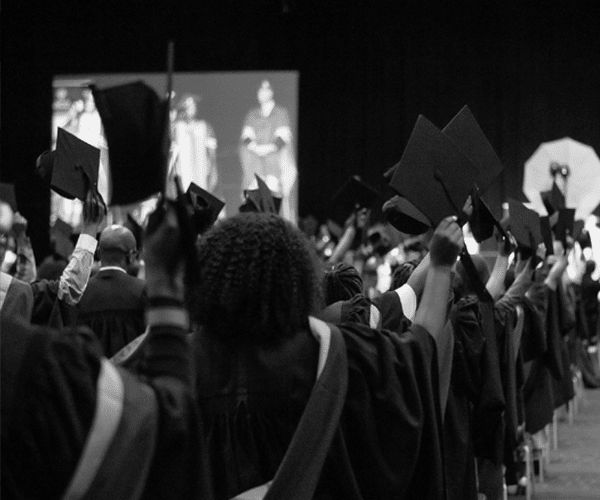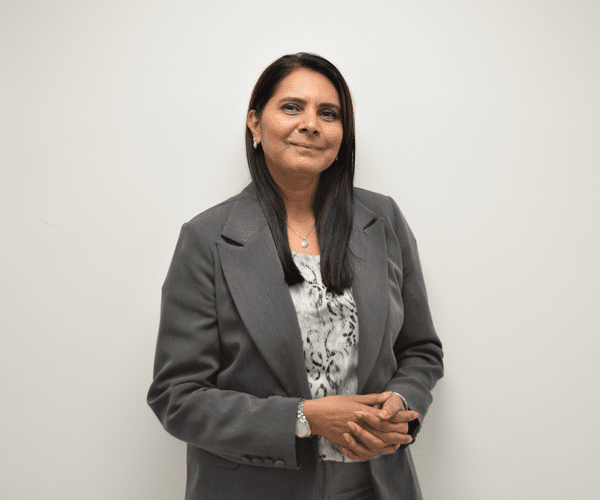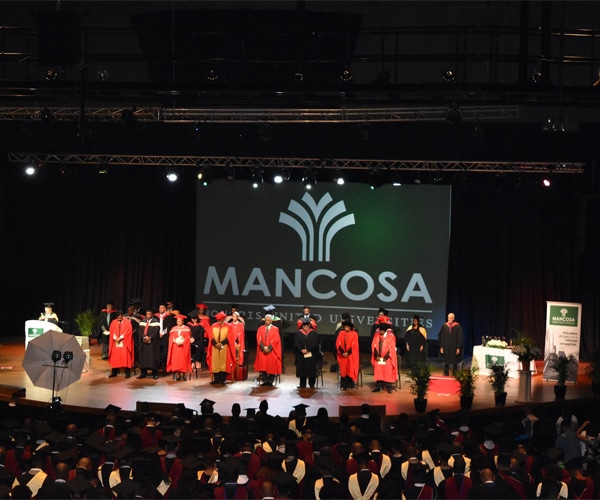MANCOSA celebrates National Youth Day
June 16 (Youth Day) in South Africa commemorates the fateful events of 1976, when school children rose against the Apartheid government’s introduction of Afrikaans as medium of instruction for 50% of the school subjects.

Summary
This iconic picture of Hector Pieterson and the tragedy at Soweto sparked global outrage against South Africa

MANCOSA, private higher education institution has been in existence for 27 years, committed to the provision of education for a better world for all,
By Professor Magnate Ntombela, Principal of MANCOSA
June 16 (Youth Day) in South Africa commemorates the fateful events of 1976, when school children rose against the Apartheid government’s introduction of Afrikaans as medium of instruction for 50% of the school subjects. The decision was not based on any educational perspective or theory but was meant to entrench the dominance of white Afrikaners on the African majority by preparing the latter’s children for a life of servitude.
There were many Apartheid laws that Blacks resented with a passion, but that language policy proved to be the straw that broke the camel’s back. Peaceful protests by learners were met with brutal force which shook the national and international communities when the photo of the lifeless body of Hector Peterson, carried by a fellow learner, was published in all news media. The world was outraged!
Even though the Apartheid government enforced its oppressive laws with military precision, the 1976 uprising/riots rekindled the fires of resistance and the march to 1994 was unstoppable. Today’s democratic South Africa is acclaimed for, arguably, having the best constitution in the world. South Africa also has very progressive education and training policy documents.
The theme for this year’s June 16 commemoration is “Promoting Sustainable Livelihood and Resilience of Young People for a Better Tomorrow.” The reality on the ground, however, shows youth, especially African youth, whose future is uncertain. The majority (63%) is unemployed and most of these young people lack skills that would make them employable. It is probably due to unemployment that most of society’s ills have the face of the youth: drug abuse, violence, crime etc. Role models among their own are also scarce. In frustration, they engage in activities that worsen their plight, like burning institutions of learning or shutting them down for any kind of complaint.
If there is a vestige of hope and belief that education can turn lives around, government and other role players should ensure access to meaningful and relevant school and post school education. To ensure the training of teachers for the 21st Century, MANCOSA’s School of Education boasts an innovative iTeach lab that fosters, in educators and education officials, the acquisition of essential skills like critical thinking, creativity, communication and collaboration. It aims to speak to the national educational agenda, which focuses on school leadership and management, language policies and robotics and coding.
Post school institutions, namely, Technical and Vocational Education and Training (TVETs), Universities of Technology and Universities should not only make young people employable, but they should also train them to be entrepreneurs who can create employment opportunities for others. Public post-school institutions can only admit a small percentage of school leavers with university entrance passes, and one of the ‘out of the box’ solutions would be to subsidise children of the so-called ‘missing middle’ to enable them to access programmes offered by accredited private providers. MANCOSA is one such provider, and has been in existence for 27 years, committed to the provision of education for a better world for all, as stated in its vision.
Society cannot afford to have large numbers of energetic youth who have lost hope in life. This puts the whole society at risk. It is quite frustrating that what politicians promise during elections and in memorial celebratory speeches is seldom, if ever, delivered. Songstress, Letta Mbulu warned us in her 1998 song entitled: “Not Yet Uhuru.” We have to learn to hold leaders accountable, otherwise we are participants in the demoralisation of our youth.
ENDS





